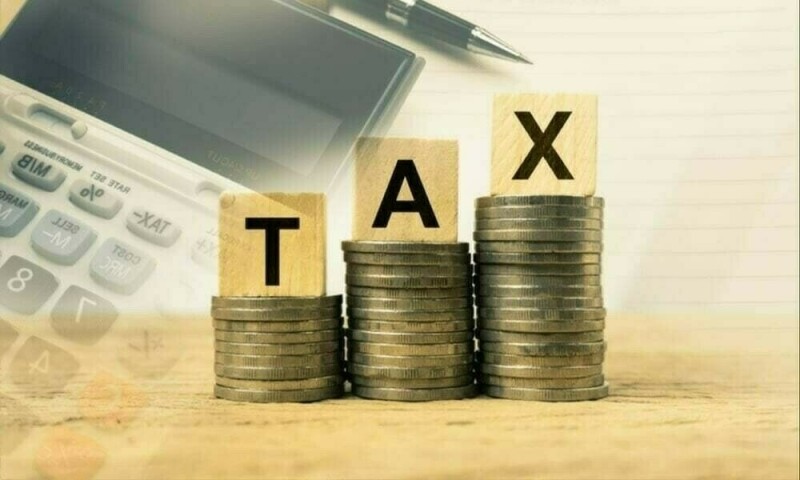The government is considering cutting down the corporate tax rate and providing tax reliefs on other heads in the upcoming budget for the financial year 2025-26.
It wants to do this by using the fiscal space made available in the wake of a reduction in international oil prices and through the significant drop of 10-percentage points in the key interest rate by the central bank since June-2024 to 12% at present.
The tax incentives are expected to help support economic activities and create job opportunities in Pakistan.
“Rationalisation of corporate tax is very important. Prime Minister Shehbaz Sharif made a tremendous move in making use of the declining (international) oil prices and convinced the International Monetary Fund (IMF) to reduce power rates. I also requested the prime minister that any money saved from the declining oil prices should be used to further reduce the power rates and the corporate tax rate,” Special Assistant to Prime Minister for Industries and Production Division (SAPM) Haroon Akhtar Khan said while speaking at the Karachi Chamber of Commerce & Industry (KCCI) on Saturday.
To recall, the “base” corporate tax rate stood at 29% since the start of fiscal year 2020-21. This surged to 39% with the addition of a Super Tax at 10% for entities earning net profit at or above Rs150 million per annum for the past couple of years. The corporate tax rate for banks stood at 39%. This further spiked with an additional 15% Super Tax for financial institutions in the previous calendar year 2024. The Super Tax for banks stood at 14% in the ongoing calendar year 2025.
It could further reduce to 13% in 2026 and 2027, Business Recorder has learnt.
“I have already clarified that I am in favour of removing the Super Tax instead of continuing the tax through the upcoming budget,” Akhtar reiteriated while speaking at Pakistan Business Council (PBC) later in the day.
He added that the government is considering giving tax reliefs on other heads where possible, particularly to industries, after the incumbent government has gotten some fiscal space. The State Bank of Pakistan (SBP) has cumulatively revised down its policy (interest) rate by 10-percentage points since June 2024 to 12% at present. This has reduced interest payment on the debt, creating fiscal space with the government.
“One good thing is happening in the fiscal space. As interest rates have gone down the government has some fiscal space. But right now we could not use that fiscal space because Pakistan is in the IMF programme.
In the next budget, we may be able to use the fiscal space in order to give some relief in taxes,’’ he said at the KCCI.
While talking to Business Recorder on the sidelines of his meeting at the PBC, Akhtar made clear the next budget means the upcoming budget for FY26.
He further spoke at Karachi Chamber of Commerce and Industry that a KCCI-member has rightly said there are some things which the country may not be able to do for the next two years under the IMF programme, but there is a lot which may be done over the next two years “because everything is not dictated by the donor agencies. A lot of hassle that we have created in the past, not this regime, by ourselves. We can remove that…(including) rationalization of Corporate Tax Rate.”
He said the government is also working to providing relief to exporters through giving some relief under the Export Finance Scheme (EFS).
The SAPM said that there are about 350 certifications to set up a new business right now in the country. “You have to go pillar to post to get NOCs, including from provinces. This has to go away,” he said.
He also that they are working on an industrial policy. “Half of the job is already done. This is the number one task assigned by PM to me.”


